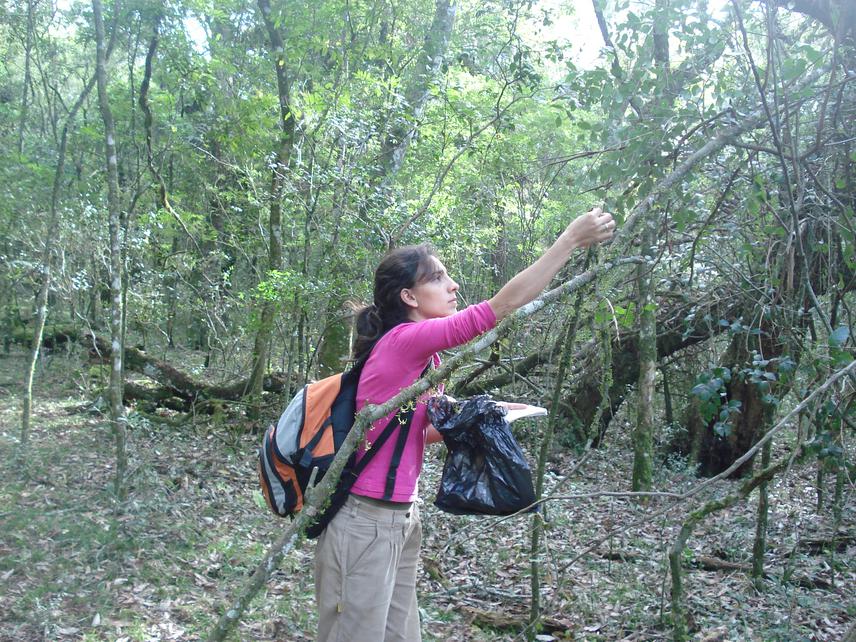Jessica Castro
Other projects
16 Oct 2007
The Effect of Habitat and Landscape Characteristics on Mammal Species Richness, Composition and Distribution in a Fragmented Landscape
The goal of this project is to determine the conservation status of the Montevideo red belly toads in Uruguay in order to contribute to the development of an effective management plan for the conservation of this endemic species and its natural habitat.

Several factors such as climate change, habitat loss, pollution and emerging diseases are contributing to the global decline of amphibian’s populations. The Montevideo red belly toad (Melanophryniscus montevidensis) is another example of amphibians decline in South America. Some sporadic surveys conducted in Uruguay reported a decline and a complete extirpation in particular areas where this toad used to be abundant or even occur, classifying the Uruguayan populations as endangered (Maneyro and Langone 2001; Canavero et al. 2010).
This toad is an endemic species restricted to the south-eastern coast of Uruguay and Rio Grande do Sul in Brazil. The goal of this project is to determine the conservation status of the Montevideo red belly toads in Uruguay, by:
1) developing a preliminary population-level assessment in three different localities,
2) improving the existing information about habitat requirements for this species,
3) detecting the incidence of Chrytid fungus (Batrachochytrium dendrobatidis-Bd) on red belly toads’ populations.
In addition, we will measure the effect of urban development on red belly toad’s populations. The result of this study will provide the necessary tools to detect which are the main factors affecting the abundance and distribution of this toads in Uruguay in order to develop a more detail population assessment for this species. By understanding these factors, more effective management plans could be designed for the conservation of this endemic species and its natural habitat.